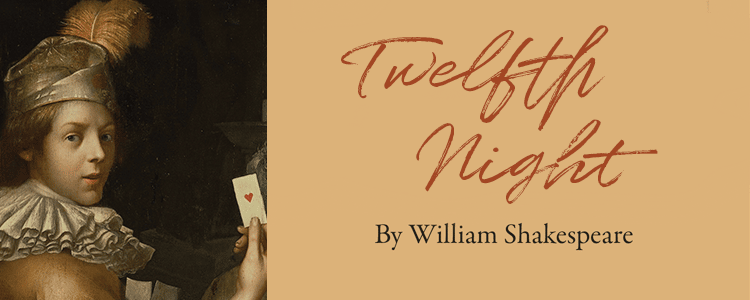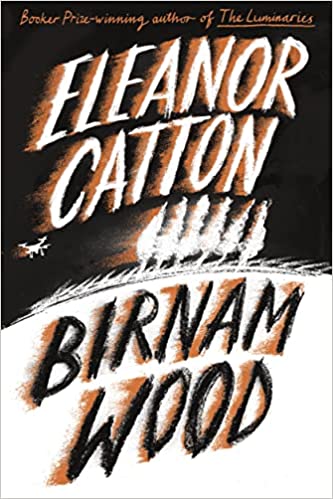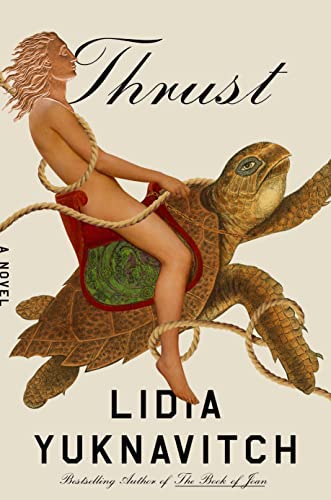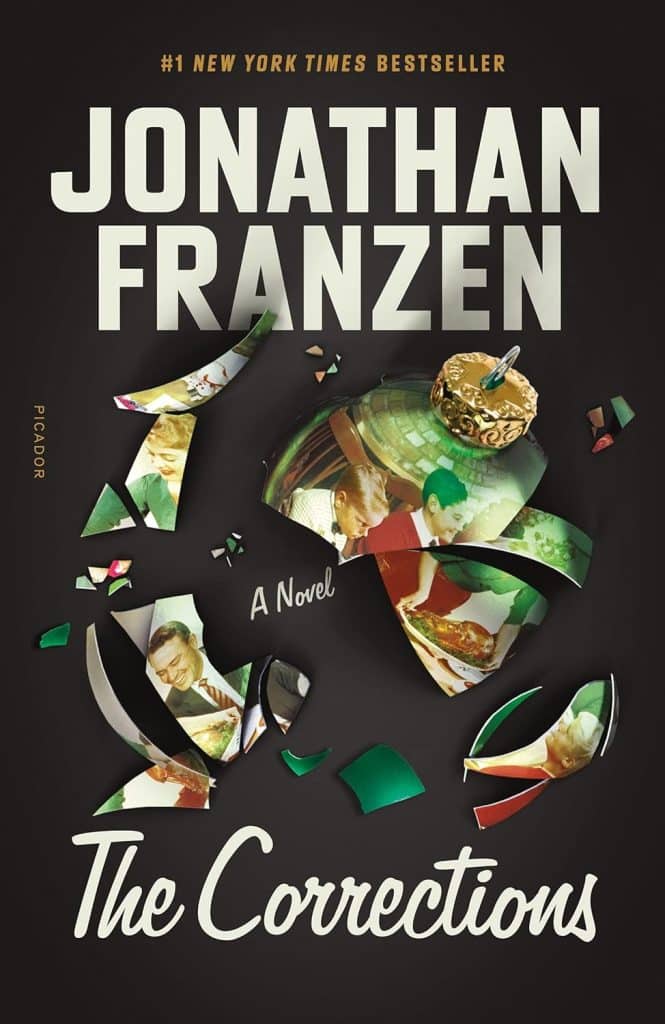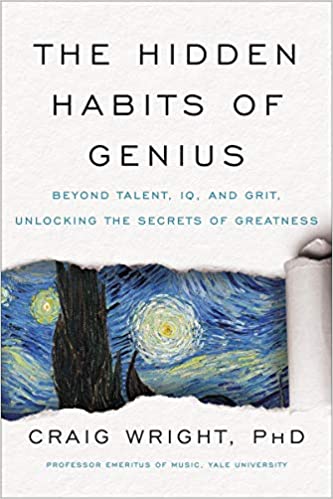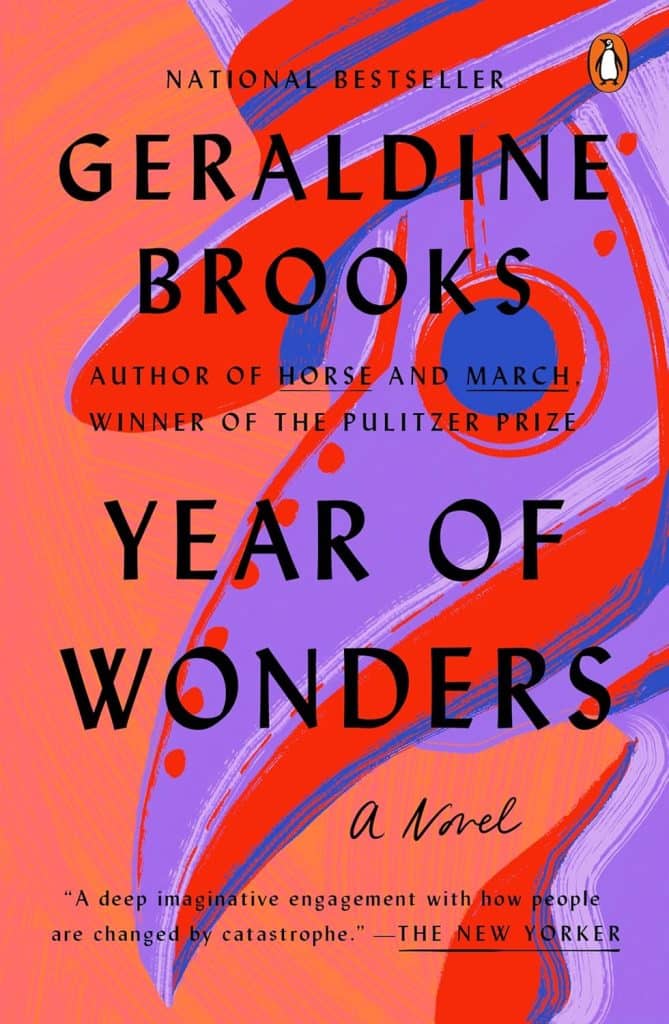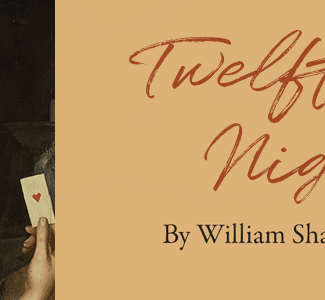
Why I Read Books and Enjoy Live Theatre
The Power of Art in a Political Age
Estimated reading time: 1 minute, 48 secondsSince the love of my life died in May 2021, I have read one hundred-thirty (130) books.
Seventy-four (74) were read last year, and I finished my twentieth (20) this year yesterday.
I have also begun to attend live theatre performances with friends and, whenever possible, with my oldest grandson. He and I are season ticket holders at the Shakespeare Theatre of NJ.
Many of my fellow widows have warned me not to read or attend theatrical events because they might be triggering. I believe that triggers are everywhere, and learning how others have responded can help me to cope.
Both books and theatre have been crucial to my grief journey, which is now in my rearview mirror.
In this morning’s New York Times, David Brooks wrote a column entitled “The Power of Art in a Political Age,” which reassured me of my opinion and helped me to recommit to reading and to attend theatrical events.
He made three key points,
First, beauty impels us to pay a certain kind of attention. It startles you and prompts you to cast off the self-centered tendency to always be imposing your opinions on things.
Second, artworks widen your emotional repertoire. When you read a poem or see a piece of sculpture, you haven’t learned a new fact, but you’ve had a new experience.
Third, art teaches you to see the world through the eyes of another, often a person who sees more deeply than you do.
Daily, I renew my commitment to the power of art in a political age. It helps me to bring Jan with me and to share our love with others, as love never dies.
The Jan Lilien Education Fund sponsors ongoing sustainability and environmental awareness programs. Gifts made this month; I will match dollar-for-dollar. All donations are tax-deductible.
I receive a commission when you buy a book or product using a link on this page. Thank you for supporting Sharing Jan’s Love blog.



